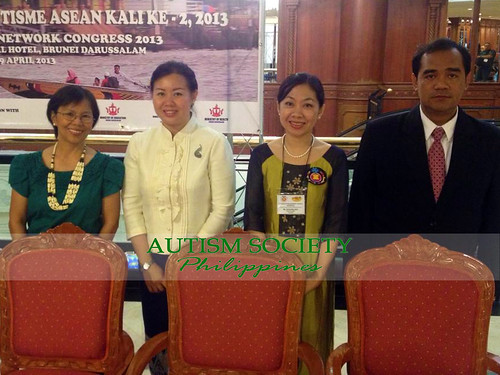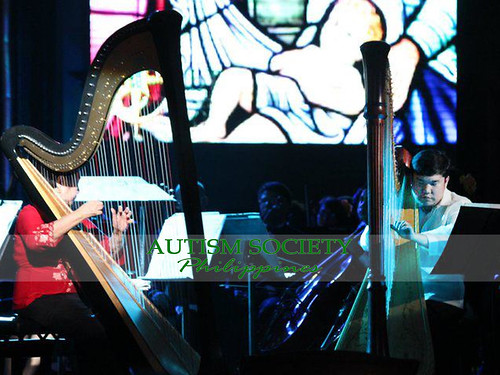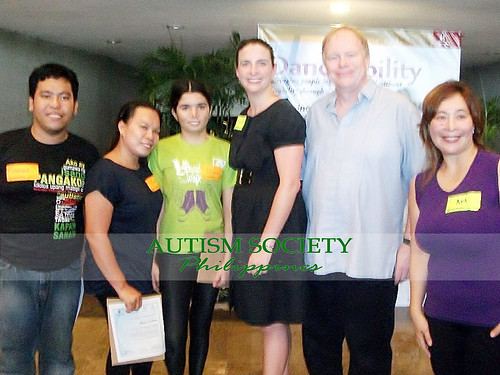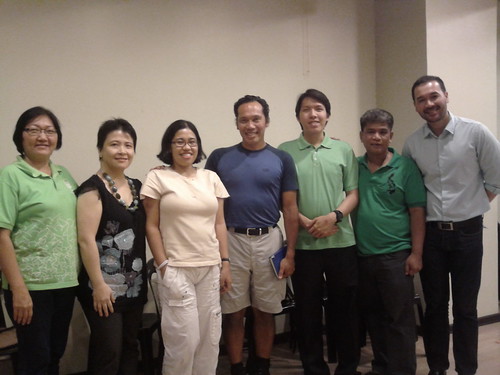By Dang Uy Koe, ASP Chair Emeritus
During the recent national conference on autism organized by the Autism Society Philippines, the panel discussion among four young women who grew up with autistic brothers drew both laughter and tears from the audience.
One of the panelists was our Angel Talker this week, Jenette Vizcocho, a speech therapist at Therapy Works and Skill Builders. She and her family are active leaders of ASP Baguio Chapter.
*********
I don’t know exactly how it happened but I would mostly be the one tasked to care of my youngest brother Josef whenever we went out. I don’t know if it was because I was the one who showed the most initiative or if it was asked of me.
At three years old, Josef didn’t really speak to us or told us what he wanted, and the family had fallen into the routine of comforting him when he cried. He was very cute, loved watching his favorite cartoons and movies over and over again, even impressed us by repeating whole stretches of dialogue between characters in verbatim.
I don't think I ever really noticed that he was delayed in terms of his development. How could he be? He played with us, could recite entire speeches from memory; I never knew there was such a thing as echolalia, or that his tantrums were unlike those of children his age.
 |
| Jenette and Josef |
Once, while we were at the mall, Josef wanted to ride the roller coaster. I usually accompanied him to the arcade, and since the ride had already started, we had to wait for the next run. He wanted to ride immediately. He started crying and I had to hold onto him firmly when he tried running through the gate and toward the moving cars.
He had these Snoopy sandals he loved, and whenever he didn’t get his way, he would kick them off with such surprising strength that the slippers flew in different directions. He would jump up, fold his legs under him, and land heavily on the floor. Sometimes, he would bang his head on the hard surface. I remember how red my face would get as I crawled past people on my hands and knees looking for his sandals, or as he howled at me.
A woman approached me and said, “Special ang kapatid mo, noh?”
I didn't understand her and she reiterated, “Meron siyang diperensya.”
I stammered, no, there was nothing wrong with him, he just really wanted to ride the rollercoaster.
She kept on talking but I grabbed my brother and steered him away.
Shortly after, my brother was diagnosed with autism.
Coping
Sixteen years later, I finished Speech Pathology, never really being able to help my brother. by the time I had graduated, he had been reassessed and we had been advised that he was done with his share of Occupational Therapy and tutorial.
Josef’s in college now, works part-time at my sister's restaurant, has a Facebook account with probably more friends than all of his four sisters combined, even insists on wearing the latest fashion and acquiring the latest gadget he feels he needs.
I can say he's very smart. He strives for independence; he can commute around Baguio on his own, even snuck out and rode the MRT by himself once when he was visiting in Manila.
He knows how to save up for things he likes, he can be asked to run errands, he bargains with my mother whenever they disagree on opinions.
Jenette and Josef
But when things overwhelm him, when he feels cornered or frustrated, he still physically expresses it, possibly for the lack of ability to verbally express his feelings, sometimes in small actions such as slapping his knee, sometimes in larger reactions such as shouting or collapsing onto the floor. It is during these moments when I feel bad, when I wish that we had seen or at least anticipated that his needs go beyond being able to thrive in school; that as he grows older and more capable, so too do the demands society has on him.
I guess that’s the problem with being both a therapist and a sibling; I have frustrations and expectations.
 |
| Jenette and Josef |
I am hurt when he does what he likes without thinking of other people, because he likes his routine or can't control his impulses.
I feel bad when he is being taken advantage of by his classmates- when they ask for money or load, or when they make him dance in the bus during a fieldtrip — and he is perfectly happy doing so, thinks doing these things is what being a friend is.
As a therapist I know he has to deal with it on his own, but as a sibling I want to charge his school and face those bullies.
It can be overwhelming when you know what to do, or how to do it. But the story is different when I, being his sister, have to choose between roles.
This article first appeared in the print and online versions of the Manila Bulletin.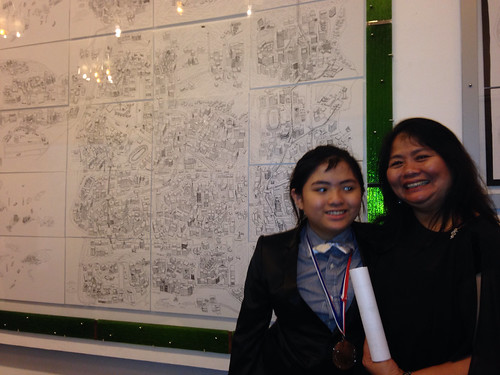


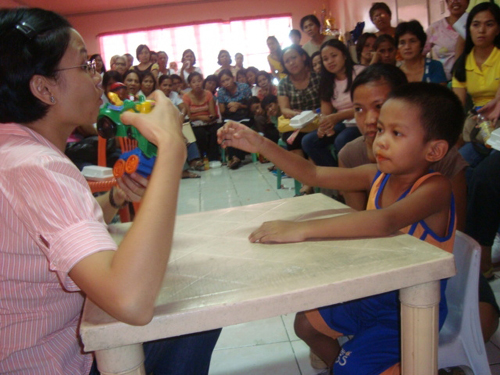
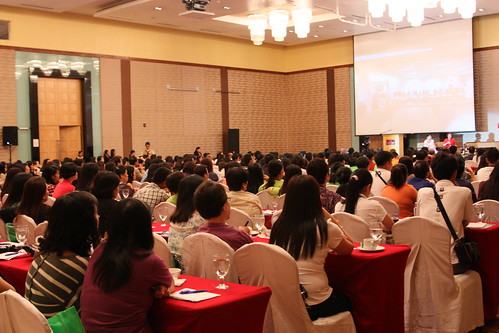

 Posted in:
Posted in: 